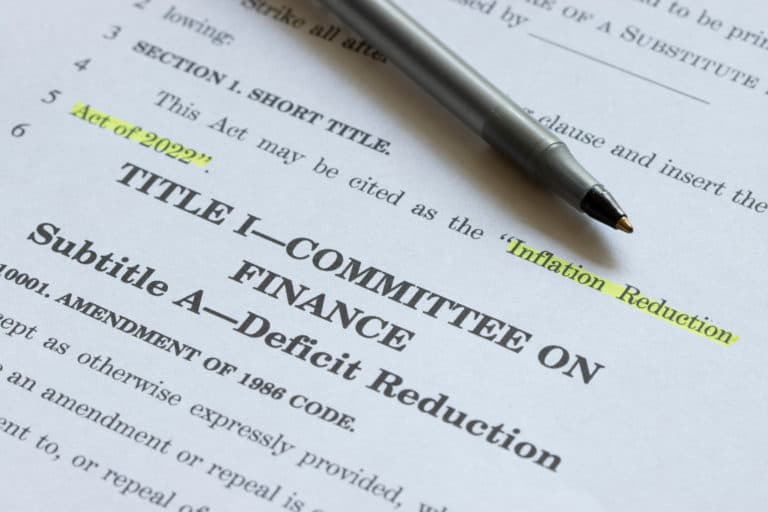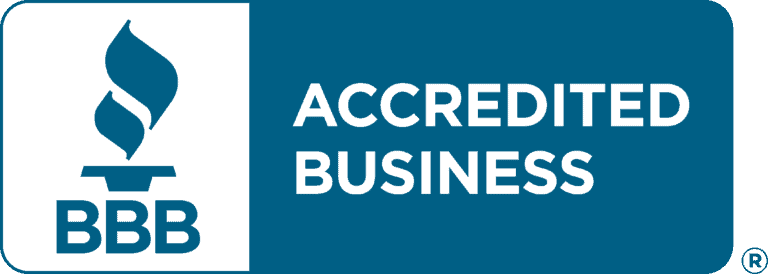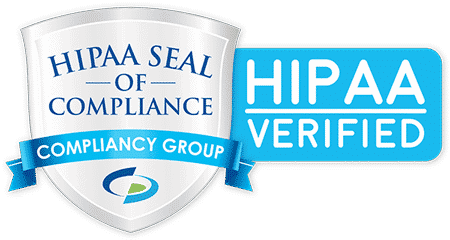Since the beginning of 2022, business executives have been dealing with a different kind of pandemic: rising costs of raw materials and consumer goods. This has dramatically impacted quality customer care, with the end-user paying more than they must or dealing with lower quality. In a drastic turn of events, the US Senate passed one of the most significant pieces of legislation in years: the Inflation Reduction Act of 2022. This Act has passed through Congress and has been signed into law by President Biden.
The Inflation Reduction Act aims to drastically lower inflation by reducing drug prices, investing in clean energy, and cutting back on the federal deficit. It is also one of the most significant investments toward green energy, with an estimated $369 billion.
Expense To Profit explores how the Inflation Reduction Acts affect your business.
Inflation and Taxes
There are a couple of significant provisions in the Inflation Reduction Act. Amongst these provisions is the 15% minimum tax on corporations with over $1 billion in revenue. This provision applies to about 150 corporations – which should generate over $300 billion in tax revenue over the next ten years.
This is excellent news for small businesses because it attempts to level the playing field. It has been clear for some time that most of the largest corporations are not paying their fair share of business taxes. For instance, Amazon made $35.1 billion in profits and only paid 6.1% taxes. Small businesses have been paying higher taxes in comparison.
Another noticeable aspect of the Act is that it will not be funded by personal tax increases on working families or businesses making under $400,000. This is roughly 98% of America’s population. The Act aims to help them by allowing major businesses to pay more for their revenues.
This will go a long way in pushing a downward motion on inflation while strengthening the bottom line of small businesses.
Another aspect that should interest small businesses is the refundable research and development tax credit. The Act has increased the credit from $250,000 to $500,000 to help small businesses invest in product development, technology, and payroll.
Healthcare
The Inflation Reduction Act also includes some healthcare provisions. Some of these provisions include extending Affordable Care Act subsidies through 2025. And for the first time, it also allows Medicare to negotiate drug prices for 100 drugs. Lastly, the Act limits Medicare recipients’ drug expenditures to $2,000 yearly.
So, what does this mean for businesses?
Way before the Affordable Care Act, a lot of businesses in the US could not afford health insurance for their workers. Paying over $1,000 monthly for healthcare policy was a massive challenge for sole proprietorships.
Then, the American Rescue Plan was introduced, which made healthcare more affordable for business executives purchasing ACA exchanges to purchase insurance. However, the subsidies were set to expire at the end of 2022.
The Inflation Reduction Act extends the subsidies to 2025. According to Forbes research, Americans spend more on drugs than the rest of the world combined. So, this is a welcome development, as it sets Americans and businesses on a cost-reduction path.
According to a recent Small Business for America’s Future survey, more than 80% of small business executives support the ability of Medicare to negotiate drug prices and reduce out-of-pocket drugs to be capped at $2,000.
Climate Change and Business Opportunities
The Inflation Reduction Act also makes some provisions for green energy. For instance, the Act has provided $369 billion in incentives for clean energy – including electric vehicles. It also includes the Homeowners Clean Energy Tax credits for people who install solar panels or buy energy-saving products such as HVAC, water heaters, and heat pumps.
There is also a tax credit on commercial electric vehicles of up to $40,000 for vehicles over 14,000 pounds and $7,500 for buying new or used electric vehicles.
So, what does it mean for businesses?
The Act aims to subsidize the transition to cleaner energy and electric vehicles. So, you can claim the tax credit if your business purchases a new or used electric vehicle. We previously reviewed How to Prepare for Fleet Electrification, and considering the provisions in the Inflation Reduction Act, it may be time for your business to have that conversation. Also, companies that manufacture HVAC, heat pumps, and water heaters will experience a surge in patronage. It is a win-win situation.
Conclusion
The Inflation Reduction Act is one of the most consequential bills passed by the United States Congress in years. The goal is to help small businesses be more competitive domestically and abroad. It would be wise for your business to carefully review this new law and find ways in which your company can benefit. If you would like to discuss this with us, please do not hesitate to reach out.
Expense to Profit is a cost-reduction agency designed to help small and large businesses improve their profit margins by reducing overhead expenses. Our strategies are industry-proven and tailored to your business needs.
Call us today for a free consultation and expense reduction analysis.






